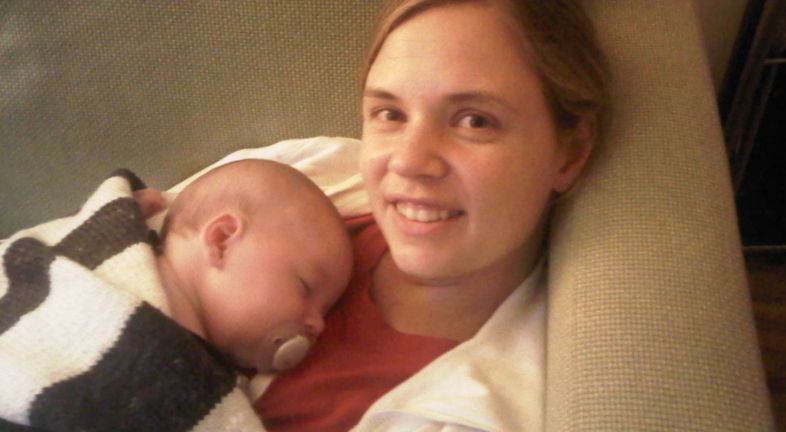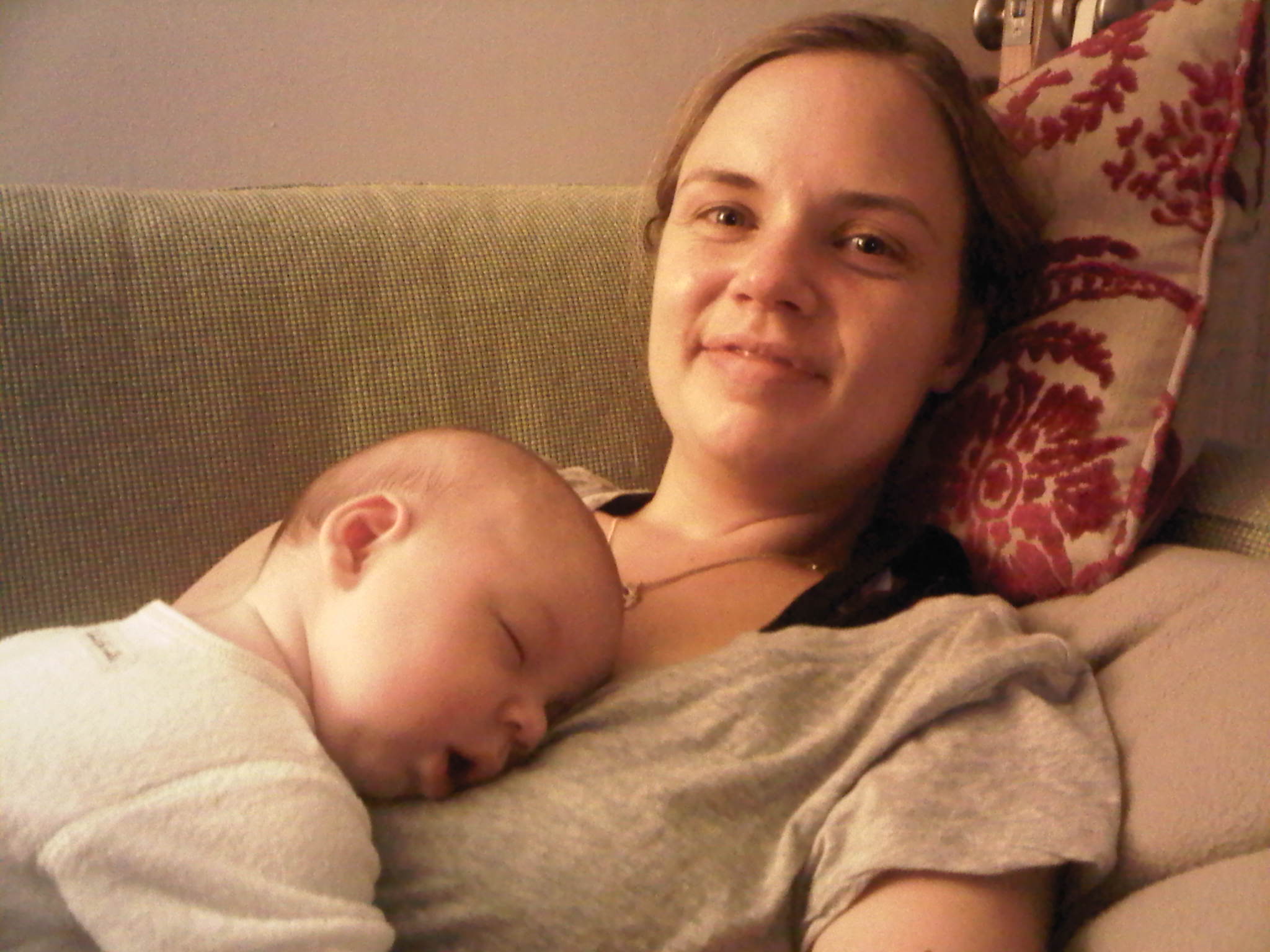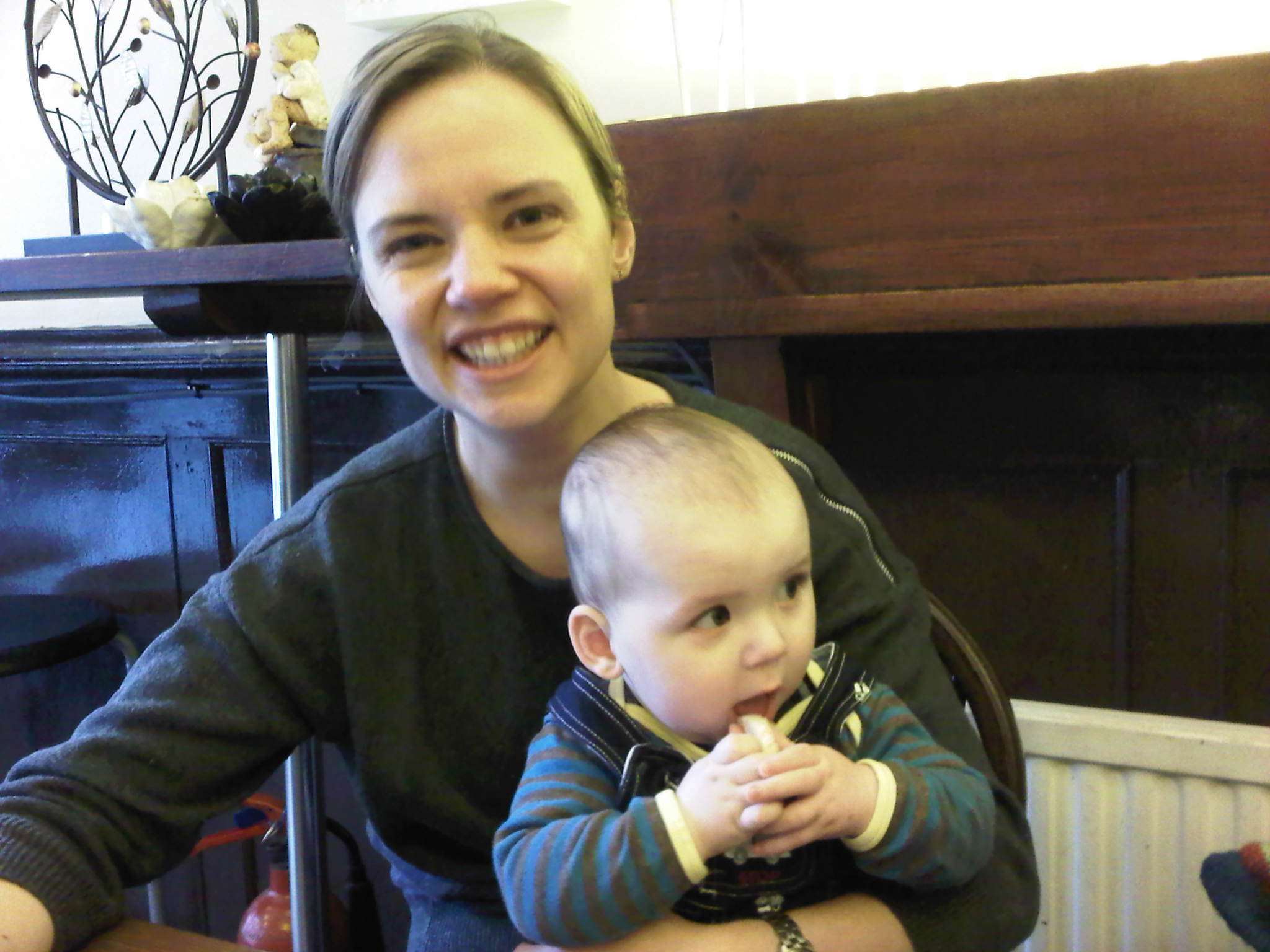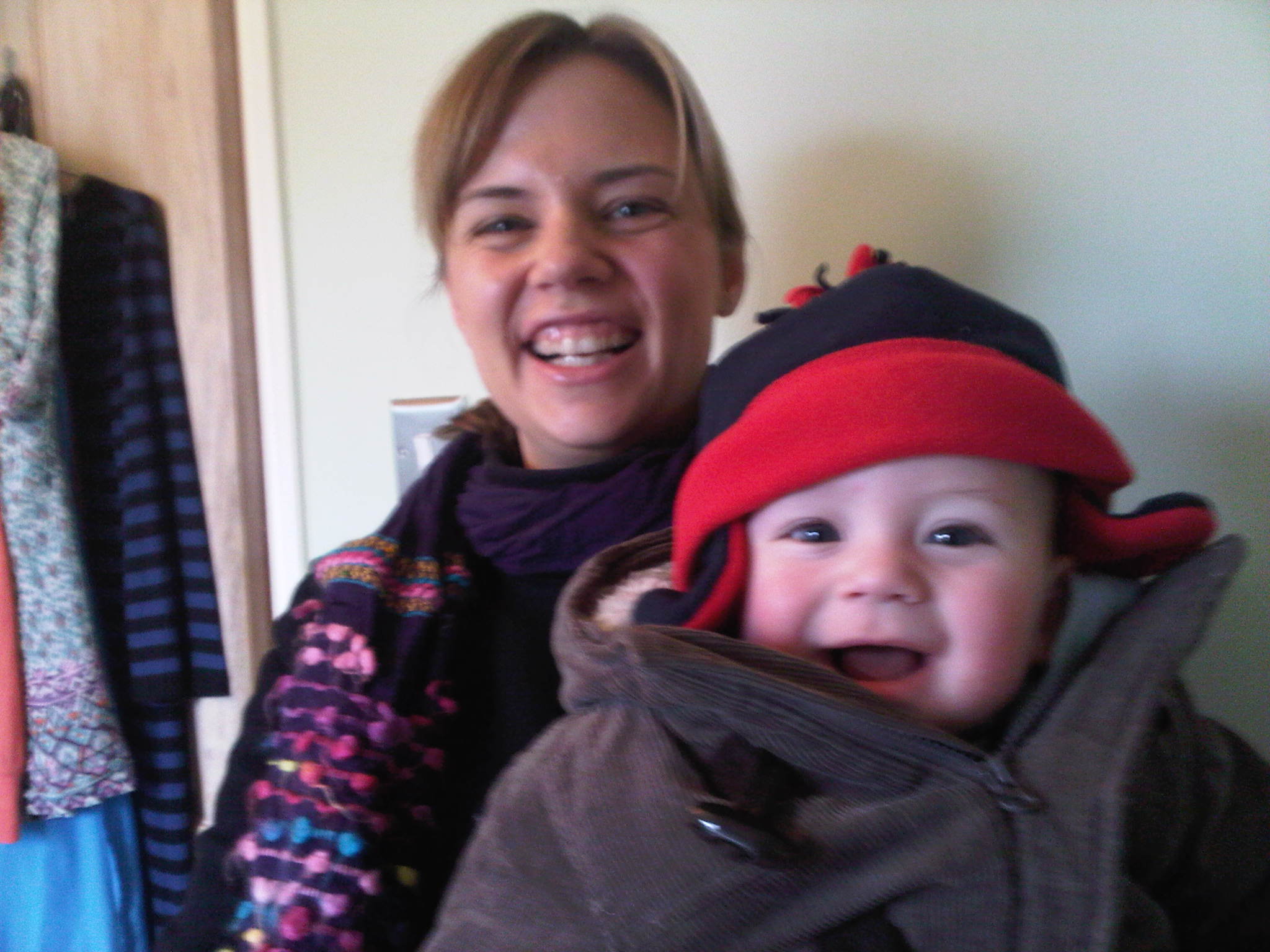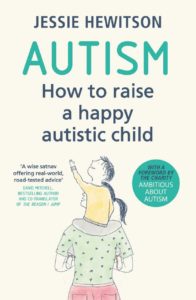Times journalist Jessie Hewitson’s son E has autism. Here she reveals the six things she wishes she’d known before he was diagnosed
This week is World Autism Awareness Week and to mark the event, Healthista asked Jessie Hewitson, a writer for The Times, to tell us the things she wishes she’d known, when her son ‘E’ was diagnosed with autism spectrum disorder six years ago. Jessie’s new book, Autism: How To Raise a Happy Autistic Child , which came out last Thursday.
I wish I’d known what autism spectrum disorder actually is
When your child is diagnosed by a paediatrician you are told that autism is a disorder; that your child’s way of socialising and communicating are impaired and that they have restricted and repetitive interests.
I accepted this definition at the time, but now I see things very differently. I think autistic people have different social preferences and that the difficulties in communicating is a two-way street, ie non-autistic people find it just as difficult to communicate with autistic people as the other way round.
I don’t see autistic people as impaired or disordered. They think differently and experience the world in relation to their senses differently. Commonly autistic people find it hard to filter out background noise, light and smell. I imagine this feels like you are in a busy nightclub that you can’t escape, with people expecting you to concentrate, listen and answer questions while you are there. It must be exhausting.
I wish I’d known it didn’t mean everyone would be deeply unhappy
When E was first diagnosed, I panicked. I thought it meant he was going to have a lesser life, that he would never be happy, wouldn’t be able to work and that it would be tough for us as a family. I worried we wouldn’t be close, that he wouldn’t have friends and that he would spend a lot of his life alone.
Five years after diagnosis, I see almost all my fears were unfounded. My son and I are very close – I understand his world best and provide his security. He is at the local mainstream state school with support, where he’s happy, and where he has started to make friends. He’s clever and we’re trying to lay the groundwork so he can work.
The biggest change for us as a family is that E has moved from someone who was unhappy to happy (most of the time!). He used to be very anxious and now that has lessened. His confidence has grown and he feels more secure in the world, and that has been wonderful to see.
I realise now that what I was really worried about what having an unhappy son, not an autistic one, and I think that too often we assume the two go hand-in-hand. E was unhappy because he was born into a world that wasn’t designed with him in mind (his perfect world would be much calmer and less noisy), and because the adults around him didn’t know what autism is. It was our knowledge gap that needed to be tackled, not the autism.
I wish I’d worried less about him being normal
I wouldn’t have said this out loud at the time but looking back, what I really wanted for my son when he received a diagnosis was to be “normal”. Now that aspiration seems a massive disservice: why would I want my son to be normal when he can be his intelligent, funny, sparky, loving self?
I now think: what’s so great about being normal? I want E to be himself and to be at ease with being himself. This means accepting his autism as part of who he is and not seeing autistic traits as something to be discouraged. (Much in the same way as left-handed writers used to be forced to write with their right hand. Why?) But as parents we also have to equip our children for life in a non-autistic world, which means constant explanation of what is expected of them, for example what people really mean when they say something in an understated way.
I wish I’d valued autistic traits
E is seven now and I watch him with his classmates at school. I see that he’s never sly and it would not occur to him to put someone else down or make them feel small, and this is a hugely positive difference.
He’s also kind and sensitive – in fact he’s hyper-empathetic: if a classmate is being told off, he feels the upset of his classmate.
Some research was carried out examining charitable giving among autistic people, comparing them with non-autistic people. It was found that autistic people gave the same amount of money regardless of whether other people saw they were donating money or not. (ie they were just as generous when their generosity went unnoticed). This was written up as proof that the autistic people had abnormal “prosocial” behaviour (as in behaviour intended to help others). The conclusion – that autistic people can be nicer, more generous people – was never explored. This is how much of the research has gone (though this is now changing).
I wish I’d known the importance of structure and predictability to children with autism
Anxiety is an enormous issue for autistic children and adults. One of the best ways we can help reduce anxiety is by adding structure and predictability. The autistic writer Laura James told me that uncertainty is physically painful for her.
For children, you can use visual timetables to map out each day. I write everything down – at the beginning of the holidays I draw a chart showing E what he is doing each day and who he’s doing it with and I stick this chart on the kitchen wall. Now during school holidays he goes to the same tennis and cooking class every time, so it’s known and familiar. When I’m at my organised best, if we go somewhere new I show him the pictures of where we will be staying before and we come up with a plan of what we will do when we are there together before we go.
I wish I’d known the importance of looking after myself
When I look back at my own experience I realise it took me years to come to terms with my son’s diagnosis, but at the time I thought I was fine. The majority of parents have to battle for an assessment and then fight cash-strapped local authorities to get the right support at school, a process that is even worse. Consequently many if not all parents are left depressed or very stressed. And when you are in that state you are not able to properly support other people. When I go to parents groups, where we are meant to be learning more about our children, I encounter parents in pain who need to talk about their own experiences. Seek support to get to the point where that pain recedes and you can look at what your child needs more clearly. In my case, seeing a fantastic therapist once every two weeks was invaluable.
Autism: How To Raise a Happy Autistic Child by Jessie Hewitson was published on March 22nd, 2018 by Orion Spring.
Jessie’s recommended links for support on autism:
autism.org.uk
Jessie Hewitson is a staff property and personal finance writer on The Times from London. Before working at The Times, she worked as a freelance journalist, writing for The Sunday Times and the Telegraph. She is a mother of two; her seven-year-old son is autistic.
Like this article? Sign up to our newsletter to get more articles like this delivered straight to your inbox.



